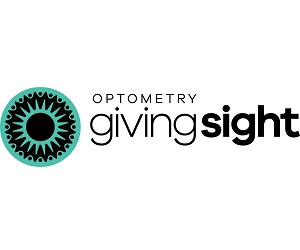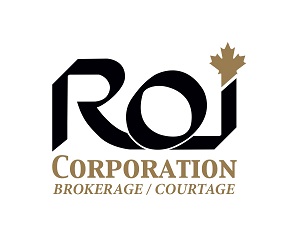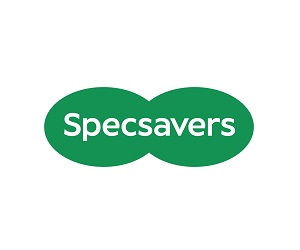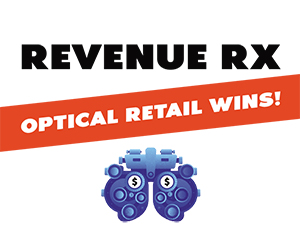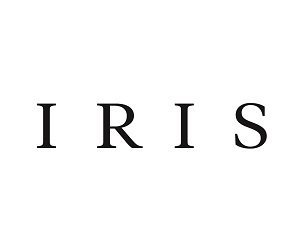
It’s no secret that “fit” is one of the most important characteristics to assess when evaluating potential new hires.
At Eyeployment.com, we believe so strongly in the value of measuring fit first, we built an entire platform designed to help practice owners and managers do just that. But should fit ever trump experience?
Let’s be clear; the ideal candidate should be both qualified AND a good fit for the role and your office culture.
Recommending that employers hire for cultural fit is not the same as recommending that practices hire unqualified or incompetent applicants.
Nobody benefits from that scenario. But if you have a choice between a highly-experienced candidate who is a poor fit, and a candidate who is an excellent fit, but less experienced, who would you hire?
Qualifications Still Matter – To a Point
Most job postings include a list of required academic credentials, professional experience and skills – and with good reason.
Your practice needs employees with the fundamental knowledge and skill to perform the tasks expected in their role.
Training is time-, cost- and labour-intensive so it makes sense to prioritize the more experienced candidates who should require less time and less training to get up to speed.
However it’s important to note that while any employee can learn new skills, processes and procedures, cultural fit isn’t something which can be taught.
When Experience is a Disadvantage
A landmark 2009 study set out to examine the links between experience and job performance, expecting that prior related experience in a previous role would lead to better performance in the new role.
In fact, the results showed that any benefits of that prior job experience were completely negated by poor cultural fit.
While employees bring the skills and experience workers gained at previous positions to their new jobs, they may also bring with them certain expectations, routines, patterns of behaviour and fixed ways of thinking that prevent them from adapting successfully to the new work environment.
Why Fit Matters More
Numerous studies of employee engagement have identified a strong correlation between culture and performance.
- 83% of executives and 84% of employees ranked motivated and engaged employees as the #1 factor contributing to a company’s success. (Deloitte)
- Candidates who are a good fit are 20% more likely to become top performers (Achievers)
- New hires who are a good fit are 27.2% less likely to leave during their first 18 months of employment. (Achievers)
- Over a period of seven years, companies with more engaged workers grew revenue 2.5x as much as companies with less engaged workers. ( Bain & Company)
- Happy employees are 12% more productive. (Fast Company)
Fit with office culture is a defining feature of employee success, which leads to financial success.
Focusing on fit over experience when hiring doesn’t mean compromising on essential skills.
It means committing to finding employees who will support your company’s vision and providing them with the tools and training which they need to succeed.

JAN G. VAN DER HOOP
Jan is the co-founder and president of Fit First Technologies, a company that applies its predictive analytics to the task of matching people to roles. Those algorithms drive platforms such as TalentSorter, FitFirstJobs and Eyeployment.com, which are relied upon by organizations to screen high volumes of candidates for “fit” in their open positions.

















